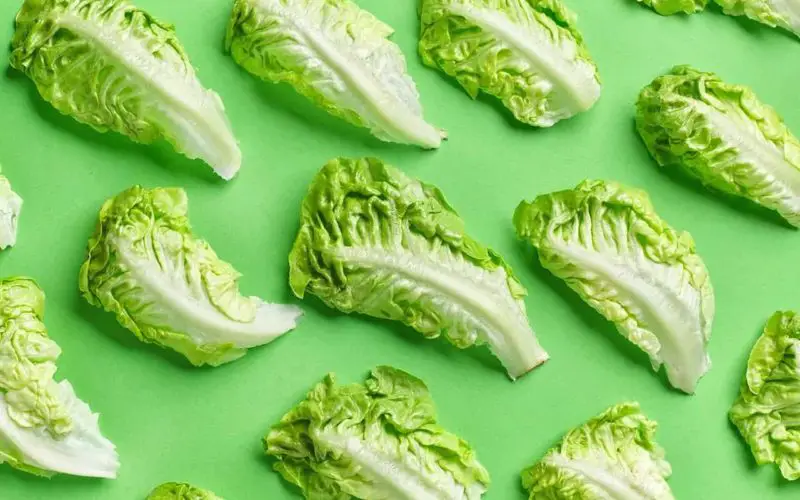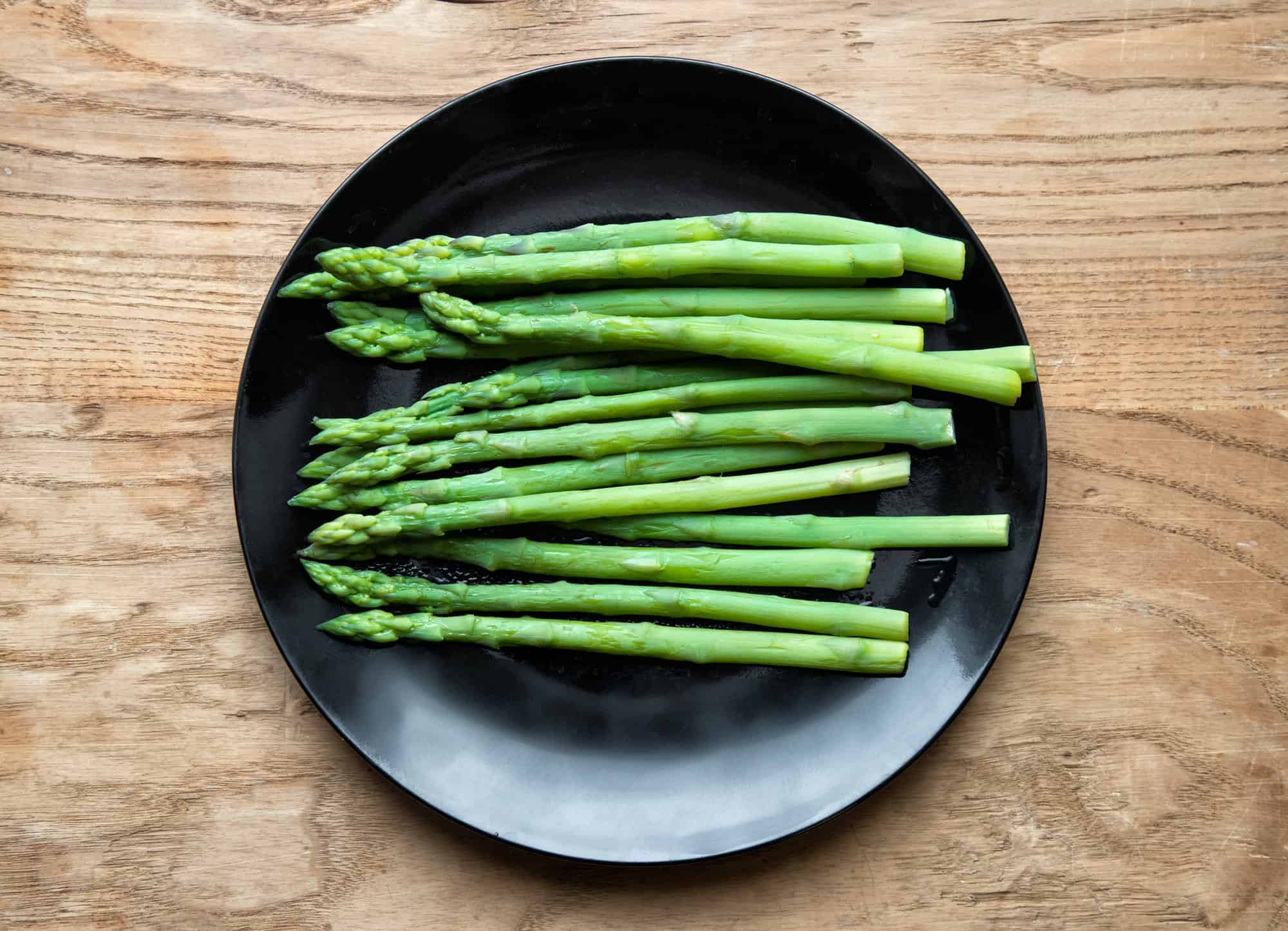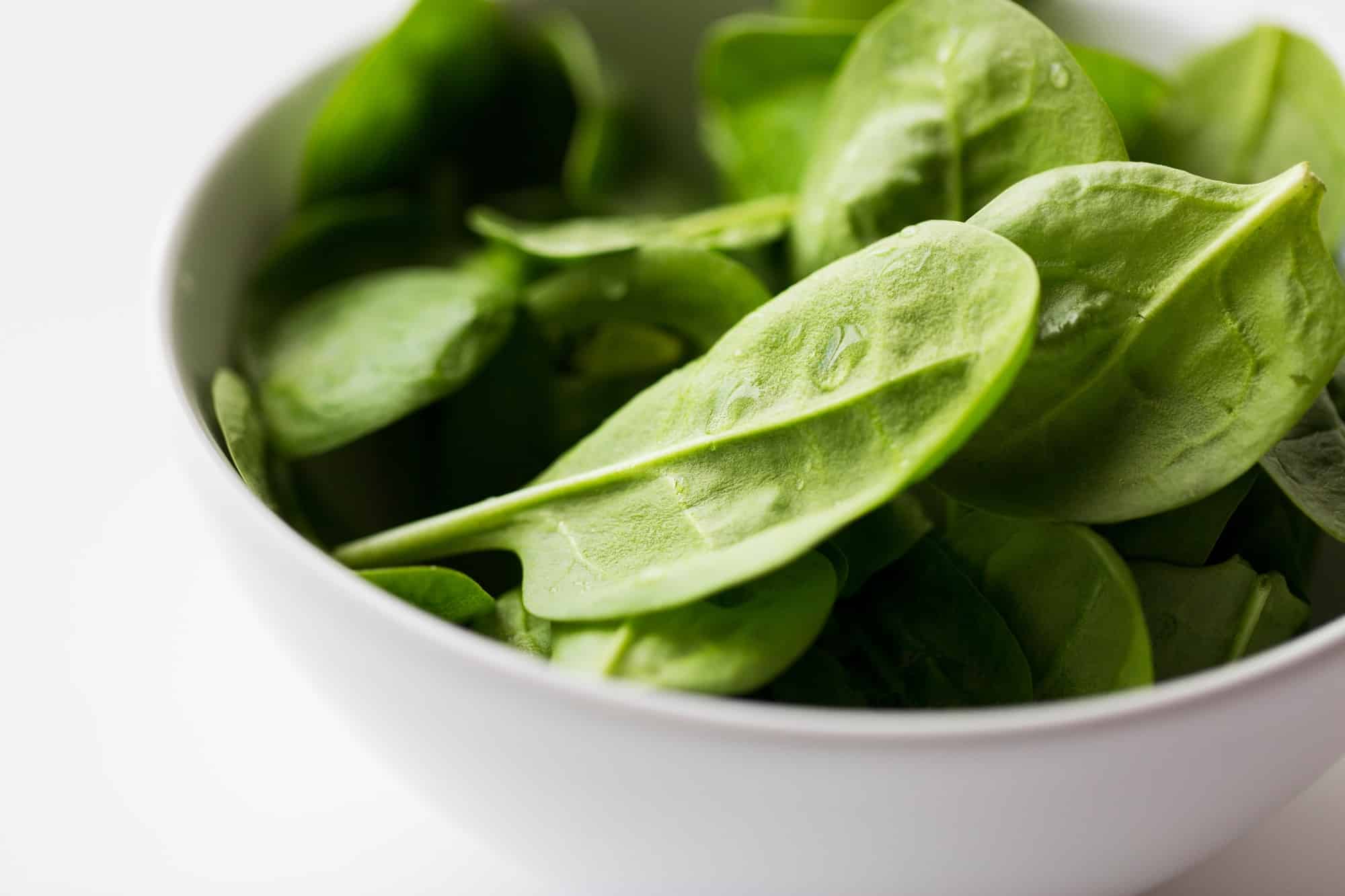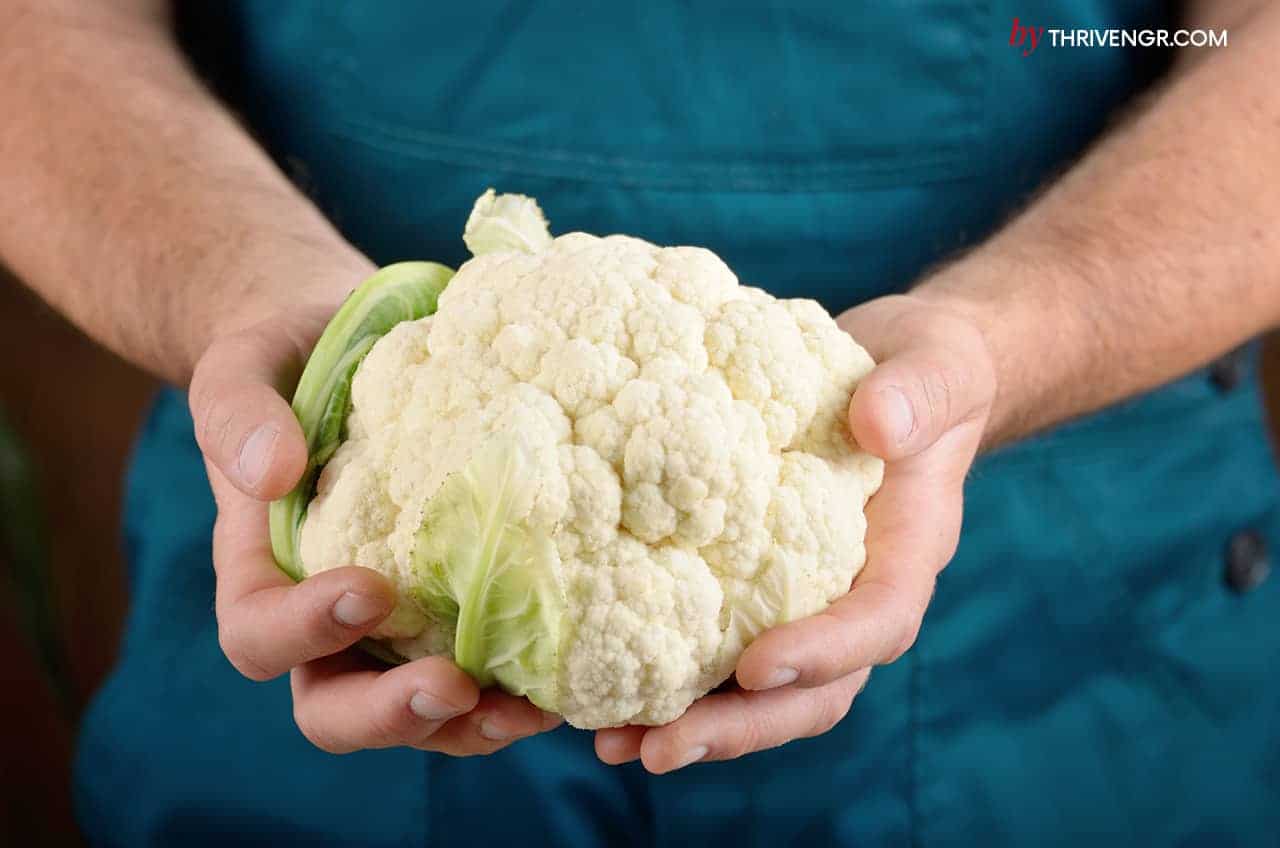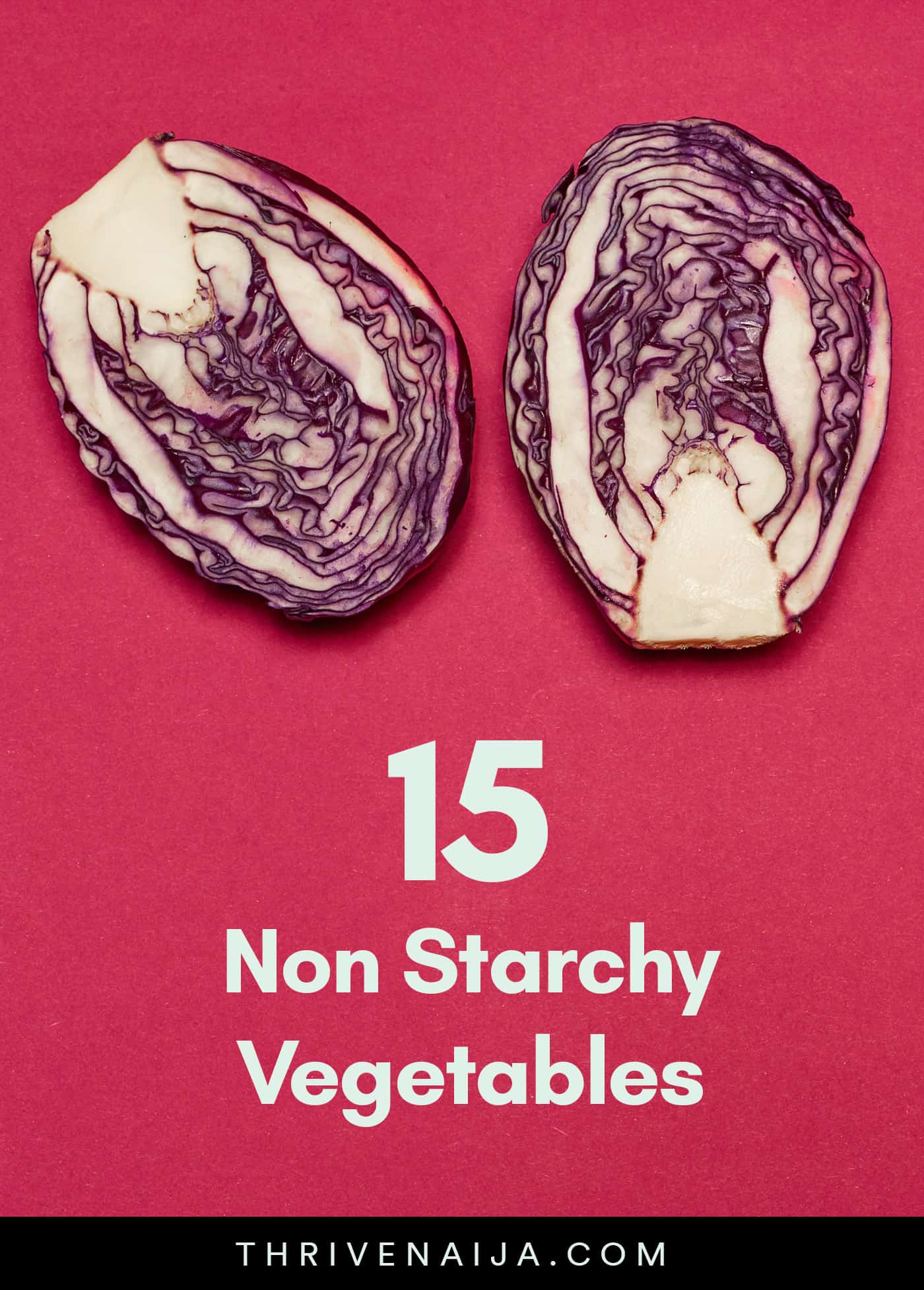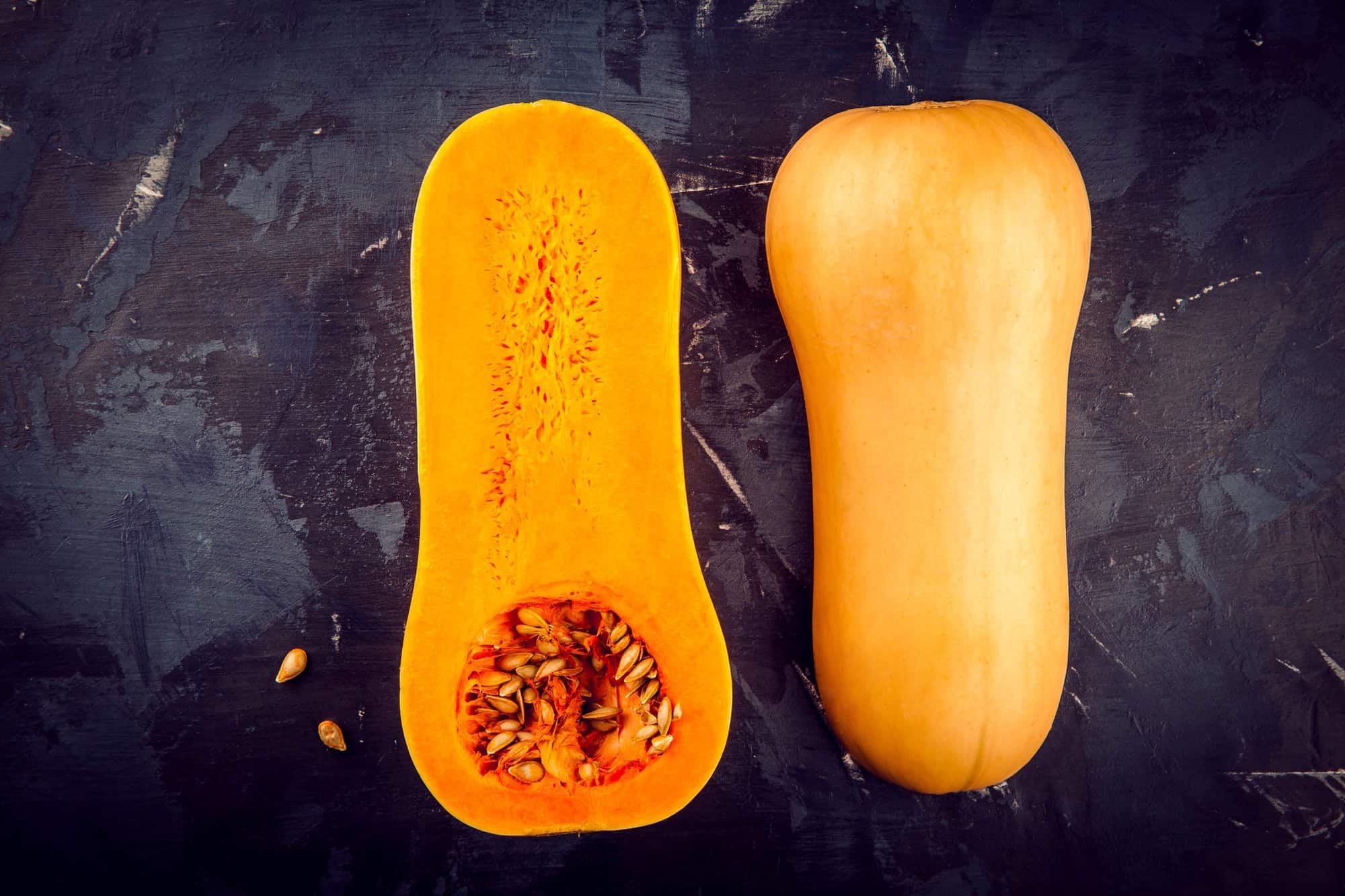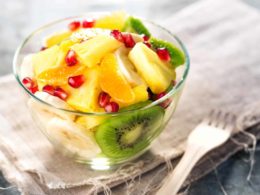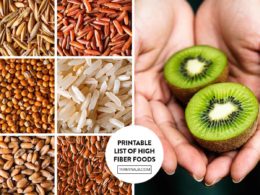Vegetables are considered one of the healthiest foods on this planet, but there are non starchy vegetables that offers more or less in this case as they’re have no starch compared to the others.
Vegetables are known to be an excellent source of antioxidants and also one of the healthiest ways you can maintain a weight loss plan, however, vegetables do varies and a many varieties of foods can be referred to as vegetables, most are starchy vegetables like peas and corn which contains lots of calories and thereby should be eliminated if you plan to lose weight with non starchy vegetables.
Non-starchy vegetables contain a lower amount of carbohydrate compared to starchy vegetables and also health-wise, it is considered essential and ideal for people with diabetics.
You would be amazed at the benefits you can derive from non-starchy vegetables and this post also expatiates on some of the things you need to know to ensure a healthy diet plan with vegetables.
What’s The Difference Between Starchy And Non-starchy Vegetable?
Before you plan your diet with any kind of vegetable, it’s important to know what both types have to contribute and how to apply it in your diet.
The two main type of vegetable as you well know is starchy and non-starchy vegetable, starchy vegetable includes potato, corn and beans and non-starchy are tomatoes and broccoli, the key difference between the two lies in their starch content, which is a type of carbohydrate that the body needs but not in excess (1).
Starchy vegetable contains a high level of starchy carbohydrate and can be included in your meal plan if you want to gain weight but also provides protein to the body when eaten moderately but non-starchy vegetable is healthier and mostly for weight loss diet plan.
What Are The Health Benefits Of Non-starchy Vegetables?
Studies have shown that eating more of non-starchy vegetables won’t just keep unhealthy fats away but provide antioxidants which in turn reduce the risk of diabetics, cancer, obesity, and cardiovascular disease (2), it is also best eaten raw and some non-starchy vegetables are used as an herbal remedy for some skin inflammations and disease.
Non-starchy vegetables are rich in nutrients and keep the sugar level low, acts as dietary fiber which aids digestion and keeps the body light and prevents fats from storing up.
Non Starchy Vegetables For Your Next Diet Plan
We have carefully selected 15 non-starchy vegetables that are easily found in the market, these are believed to be the most nutritious of vegetables, can be easily added to your diet plan.
1. Asparagus
Asparagus is a nutrient-packed vegetable, with very little calorie with no cholesterol, an excellent source of fiber, folate, A, C, E and K (3). There are also some amazing ways you can cook asparagus and maintain its nutrients, the water got from it is also believed to aid blood flow, pregnant women are also advised to eat a lot of asparagus for an easy labor, it also limits premenstrual pain. Asparagus does serve lots of benefits in input into your diet plan.
2. Artichoke
Artichoke is another vegetable loaded with nutrients and vitamin, it can help you stay fit and keep your sugar level well regulated, artichoke is highly beneficial and usually used as an appetizer but its benefits goes beyond that, some of its notable benefits include: preventing cancer, lowering blood pressure, improves liver health, lower bad cholesterol and increase good cholesterol and manage and control excessive weight gain (4).
3. Spinach
This is a very popular type of non-starchy vegetable but still, most people go to it once in a while, spinach is highly essential in maintaining a healthy weight loss, spinach is also easy to add to your meal and cooking it does not make it lose its nutrients. The calcium in spinach does help to strengthen the bones to avoid injury and fight against colon cancer (5).
4. Lettuce
Lettuce is a good substitute for spinach, it’s an excellent source of calcium, vitamin C, folate, and potassium, it keeps the immune system healthy as well. Lettuce should not be eating every day though, it can lead to malnutrition and excessive weight loss which won’t be healthy (6).
5. Broccoli
Another non-starchy vegetable that is pretty popular as an appetizer is broccoli, it can be crunchy and found tasty for vegetarians, broccoli is a highly rich in vitamin K and C and potassium as well. It protects the body against free radicals and there are many ways broccoli can be enjoyed, also a powerful antioxidant that builds collagen in repairing lost tissue and bone (7).
6. Tomato
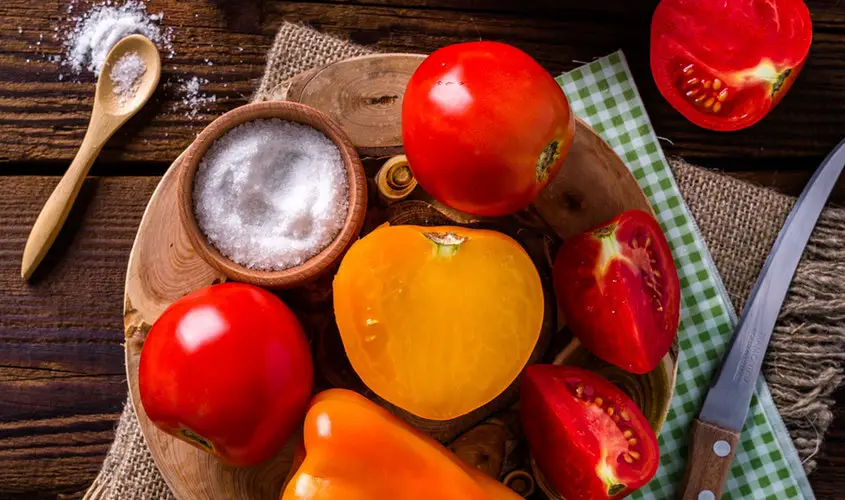
Tomato is one vegetable you might enjoy adding to your diet plan, can be a little mushy and tasty when added to salads or sandwiches and its benefits makes it worth considering (8). Tomato contains very little calorie, an excellent source of antioxidants which provides lots of benefits to the body including preventing free radicals, it also lightens and brightens the skin naturally.
7. Mushroom
The health benefit of mushrooms are numerous and when added to your diet plan, it can help keep track of your weight loss plan, the mushroom can also be made into a soup delicacy for more enjoyment. Some of the benefits of a mushroom include aids weight loss, stronger immune system, radian skin, prevents damages to cell and tissue and also provides relief from high cholesterol and diabetics (9).
8. Brussels Sprouts
These are highly nutritious and essential for maintaining a healthy diet, Brussel sprouts contain dietary fiber, vitamin, mineral, and antioxidants which only makes it more vital for a healthy immune system (11), Brussel sprouts have always been believed to provide the body maximum protection against bacteria, can be made into a really delicious dish to be enjoyed any time of the day.
9. Cauliflower
Cauliflower contains a various form of nourishment ranging from protein to mineral, cauliflower is a cruciferous vegetable that is high in fiber and vitamin B (10). Its essential benefit includes enhance weight loss, prevents indigestion, reduces the risk of cancer, heart and brain disorder. There are many ways you can also include cauliflower in your dishes.
10. Egg Plant
Eggplant benefit is not limited to the internal organs but also your hair and skin tend to derive from its nutrients, it’s potentials also involve reducing the risk of heart disease, control of sugar level and weight loss, Brussel sprouts also help to build a strong bone (12), its related to tomato which makes their benefits similar, just like tomato, eggplants does make a very delicious soup.
11. Cabbage
It is very common to add cabbage to salads but do you know what benefits you are deriving from it? Cabbage is very low in calorie which makes it even more viable for weight loss, it is packed with vitamin C, K nutrient, calcium and potassium (13). Cabbage can be enjoyed either raw, boiled or roasted depending on how you like it. Some of the benefits are improving the digestive system, prevention against blood pressure and heart disease.
12. Zucchini
Zucchini contains zero fat which makes it viable for weight loss plan, there have always been questions on how many calories are contained in zucchini and if it digests easily? it has been scientifically proven to contain zero fat and it contains soluble and insoluble fiber which means it digests easily (14). Zucchini provides maximum water to the body which in turn gets rid of harmful bacteria.
13. Kale
Kale has always been regarded as one of the most nutrient-based food from the list of vegetables, highly nutritious and loaded in antioxidants. It contains just 33 calories and more benefits like reducing the risk of cancer, lower cholesterol, prevent the development of asthma and improves blood glucose control in diabetes (15). Kale is a green leafy vegetable that can be enjoyed if added to salad or soup.
14. Squash
Squash is also known as summer squash, it’s a non-starchy vegetable that is packed full of healthy nutrients and contains less carbohydrate, it gives relief from diabetes and improves vision. Squash is also considered as fruit and are perfectly healthy fruits for your consumption (16), it is packed full of antioxidant especially the butternut squash which is rich in manganese for healthy skin and reduces risk of colon cancer.
15. Turnip
The best starchy vegetable to add to your diet for all nutritional benefit is turnip, highly loaded with calcium, potassium, vitamins K, A, C, E, B1, B3, B5, B6, B2, folate, fiber, magnesium, iron, and copper, turnip are low in calories but also an excellent source of protein, omega -3 fatty acids and phosphorus (17). Turnips are mostly ignored in the market but their essential benefits are worth considering.
Some of its important benefits are helping to regulate metabolism, support healthy bones, reduction of inflammation on the skin, bolstering lung health, preventing cancer and enhancing cardiovascular health.
There are lots of different ways you can enjoy most of these non-starchy vegetables and adding them to your diet plan won’t be such a difficult feat to achieve, regardless of the fewer calorie a non-starchy vegetable contains, it is advisable not to eat in excess to avoid becoming malnourished and underweight, ensure you talk to a nutritionist on the right way to add it to your diet plan.
Read more on vegetables and healthy eating:
- 13 Healthiest Vegetables on Planet Earth
- 31 Healthy Low-Carb Foods, Vegetables, Fruits For Weight Loss
- A Simple Keto Weight Loss Diet Plan You Should Try
- 7 Myths About Weight Loss You Must Know






